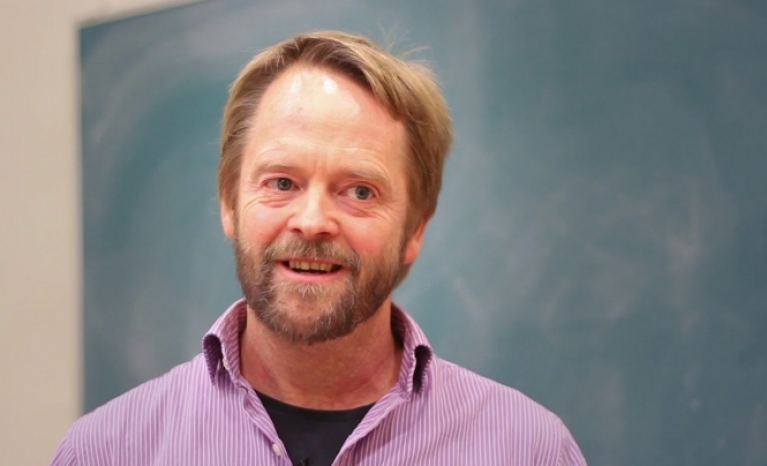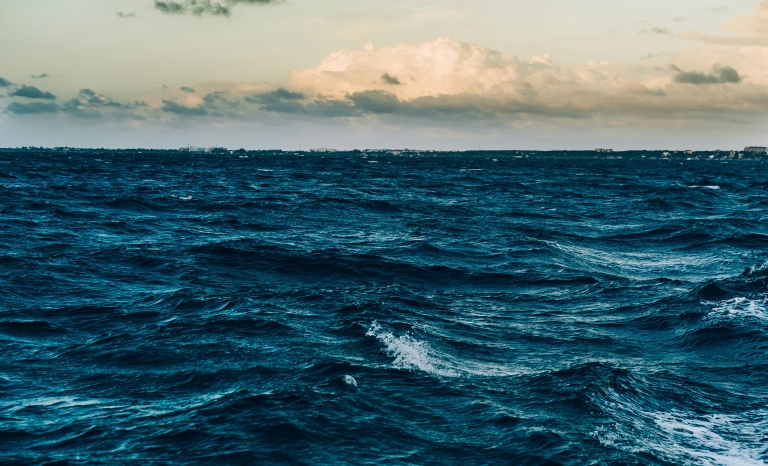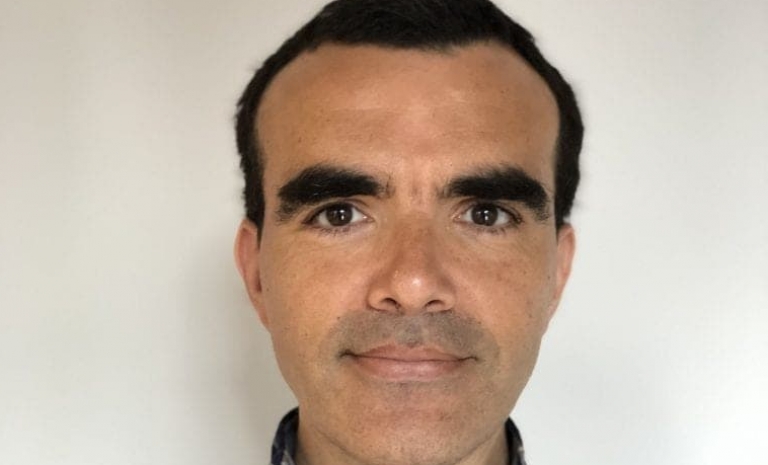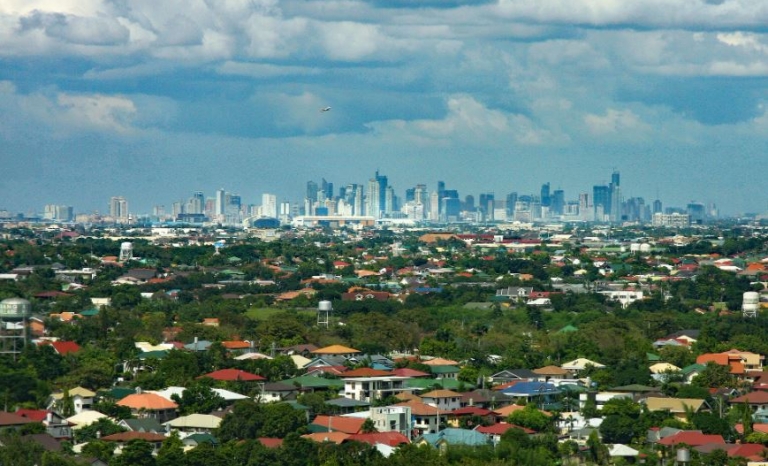The International Catalan Institute for Peace reflects on the state of peace in the world and shares how Covid-19 has favoured and harmed the construction of a non-violent society.
What is the current situation of peace in the world?
One of the first points we must clarify is what we understand by peace. Are we referring to armed conflicts? Are we talking of violence? Are we talking of the challenges of global justice? If we are referring to the first concept, then for some years we are witnessing a worrisome trend with an increase in armed conflicts. Last year we documented 54 armed conflicts in the world, and this is a record number since 1946 until today. It is extremely worrying.
Has the situation worsened in 2020?
The number of casualties is lower; before we referred to the conflict in Colombia, lasting 50 years and with 120,000 casualties. Now we have smaller and shorter conflicts, like in Africa, affecting a region of a country. The number of armed conflicts has grown, but mortality has dropped.
What are the reasons for this rise in small-scale conflicts?
What has grown is violence of armed groups, basically criminal organisations. The most prominent example is seen in Mexico. Last year, more people died a violent death in Mexico that in last years’ largest armed conflict, in Afghanistan. More people died assassinated in a context without an armed conflict, than in the bloodiest war.
What is the status of peace in the Middle East, one of the most conflictive regions in the world?
Internal conflicts are being more and more internationalised; the geopolitics that once dominated the armed conflicts during the Cold War are back. After the fall of the Berlin wall, during years many peace agreements were signed to end these conflicts. Now we are back in a context where some of the most important conflicts such as Syria and Afghanistan are conditioned by geopolitics.
How can these conflicts be solved?
A solution doesn’t only rest on the will of the parties, but also on the will of the countries investing financial resources. In Syria, the Government is winning the war and the strength and willingness of foreign powers have gone. In Afghanistan we are getting some positive news; last year an agreement was reached between the Taliban and the USA.
Isn’t it curious that the conflict is being resolved with Trump?
There are many interpretations as to role of the USA in the world. Democrat administrations have played a role in fighting for democracy in the world and from their own logic, this means looking for weapons. Meanwhile, the Trump Administration is only concerned with itself and tends to step back. This has a positive side to it, i.e. the USA decides to intervene in geopolitics sometimes only.
How may Covid-19 have affected peacebuilding in the world?
Covid-19 is playing a paradoxical role. The positive side is that it has raised awareness on the interdependence of the human species and for global challenges we need global answers. This is positive.
What is the downside?
In many countries, the pandemic has been used as an excuse to reinforce authoritarian governments and regimes. Also to strengthen social control measures that go against the fundamental right to freedom of expression and demonstration; we see examples of this in China, the Philippines or with tensions in the USA.









Add new comment